The catalysts of teacher education: Teacher educators in the spotlight!
High-quality teacher education is sustained by professionals who dedicate themselves to preparing, supporting, and inspiring future teachers — teacher educators. In our RDC, we offer a platform for teacher educators who want to engage in collegial exchange about their motives and lived experiences in teacher education. Becoming aware of one’s professional values has great potential to foster the experience of meaning in our daily work.
Lived experiences, values and meaning of teacher educators
To meet the demands of professional education we need teachers and teacher educators who want to take on the professional responsibility of education that holds tremendous potential for personal and mutual growth, social peace and development, for shaping our futures in a positive and empowering way, and ultimately for the experience of meaning in life. Taking on responsibility means to raise to the challenges of our days, to dedicate one’s time and personal-professional resources to a task that is seen as meaningful and relevant for our learners and for our future. In four research projects, we look at the experience of meaning and professional motivation of teacher educators, their core values, meaningful moments and possible reasons for leaving the profession – to better understand and give voice to teacher educators’ perspectives.
Our aims and vision
Our Research and Development Community, Empowering Teacher Education, brings together teacher educators from Europe and beyond and to be a strong voice for their interests, potentials, and ideas. As an RDC, we want to empower teacher educators and teacher education in Europe. We further want to contribute to a shared understanding of the current dynamics within practices and within different contexts of teacher education in Europe, and to give voice to the lived experiences of teacher educators through our research.
Our vision is to empower teacher educators across Europe and beyond by giving visibility to their lived experiences, professional values, and contributions to teacher education. Through collaborative research and collegial exchange, we aim to strengthen teacher education as a meaningful, responsible, and future-oriented professional practice.
Research
We currently have four active research projects on the basis of a questionnaire-based study among over 100 teacher educators in Europe and beyond as well as narratives of teacher educators reflecting on values and meaning in teacher education.
During online meetings and a 3-day Symposium held in Salzburg, Austria, at the Institute for Logotherapy and Existential Analysis in May 2025, we prepared presentations for the ATEE Annual Conference in Dublin and are currently working on their publications.
Please, find our current abstracts in the conference programme of the ATEE Annual Conference (use “empowering” as key word; all meetings and presentations have “Empowering Teacher Education” in their title): https://www.mie.ie/en/research/conferences_and_events/upcoming_events/atee_annual_conference_2025_dublin/programme/conference_programme/
Who do we mean by teacher educators?
Be it as mentors in schools, subject experts at universities, supervisors, coaches, or facilitators of ongoing professional development, teacher educators fulfill diverse and multifaceted roles. In schools, they guide novice teachers through hands-on mentoring, helping them navigate the practical challenges of the classroom. At universities, they teach future educators, providing the theoretical and pedagogical foundations that shape their professional practice. Supervisors and coaches work closely with both pre-service and in-service teachers, offering feedback, encouraging reflective practice, and helping teachers refine their instructional methods.
Teacher educators also facilitate continuous professional development, supporting teachers in adapting to new educational challenges, technologies, and methodologies. They help build communities of practice where educators can exchange ideas, collaborate on solutions, and sustain their motivation. Beyond merely transferring knowledge, teacher educators nurture critical thinking, professional identity, and the values needed to create inclusive, responsive, and effective learning environments.
In our RDC, Empowering Teacher Education, we acknowledge these varied contributions and seek to create a space where teacher educators can engage in meaningful dialogue about their lived experiences, professional values, and the broader impact of their work on education in Europe and beyond.
Research work: Data sessions and RDC work at our Vilnius Symposium in March 2026
Participatory data sessions to explore teacher educators’ motifs, lived experiences, and ideas for an empowering teacher education within ATEE and beyond.
Sharing our findings at conferences and in publications.
Want to find out
more?
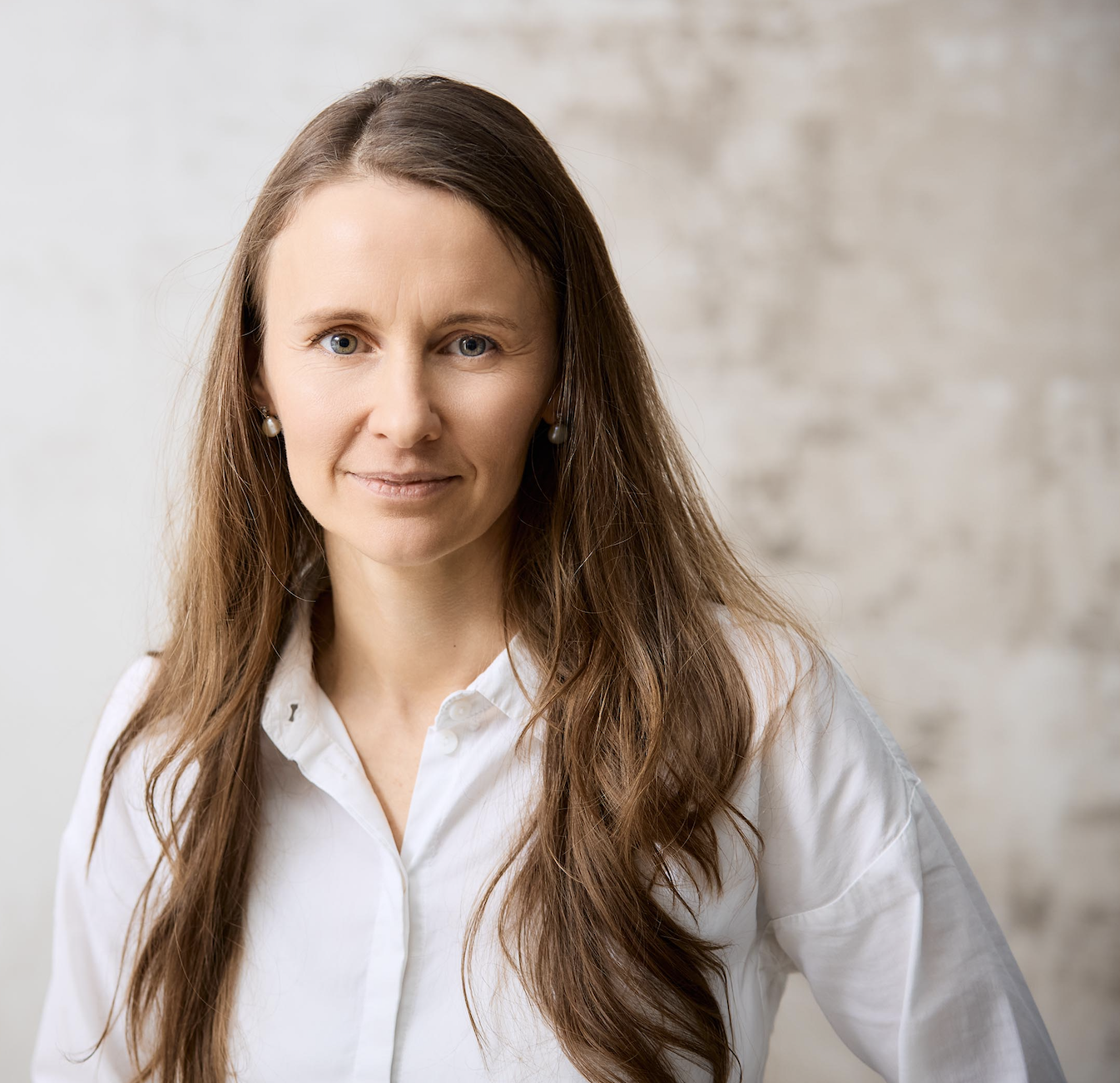
Manuela Schlick
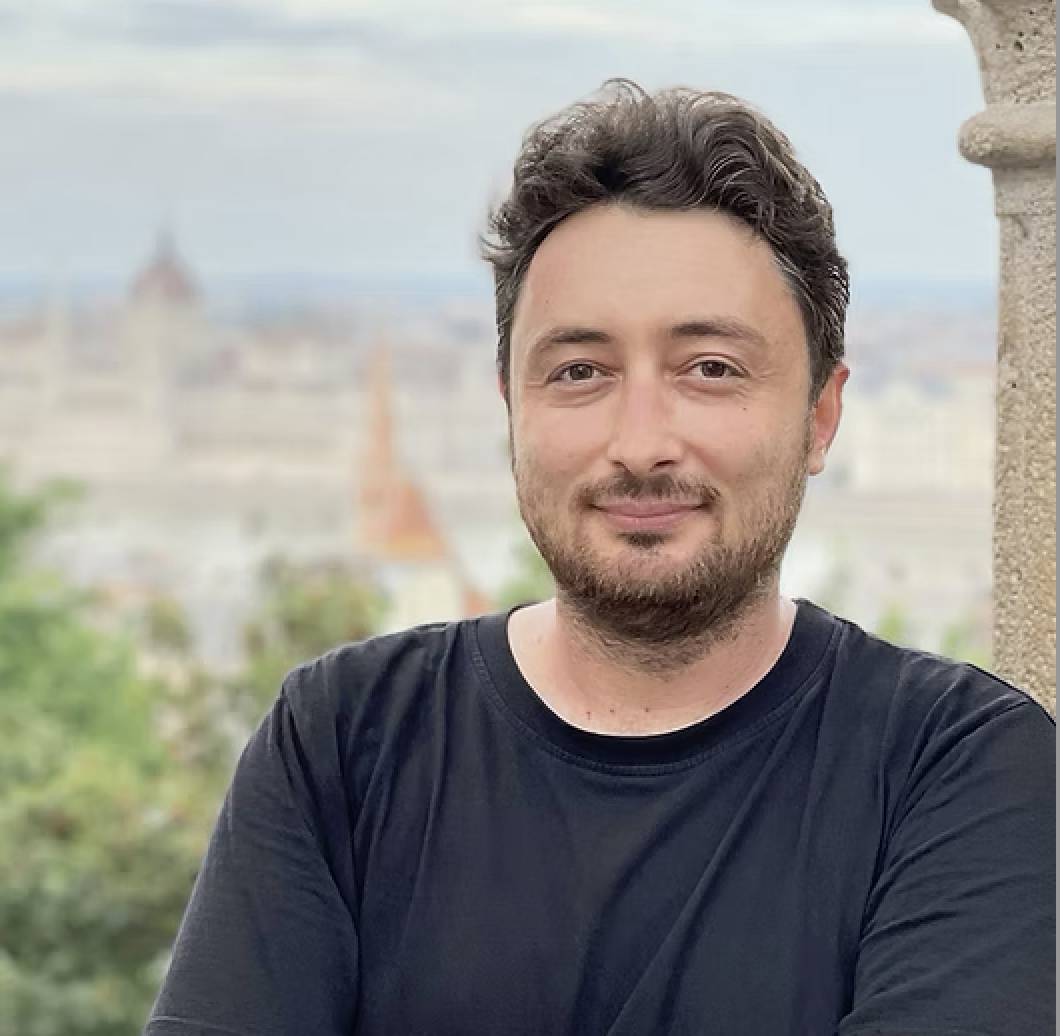
Ufuk Atas
Artvin Çoruh University
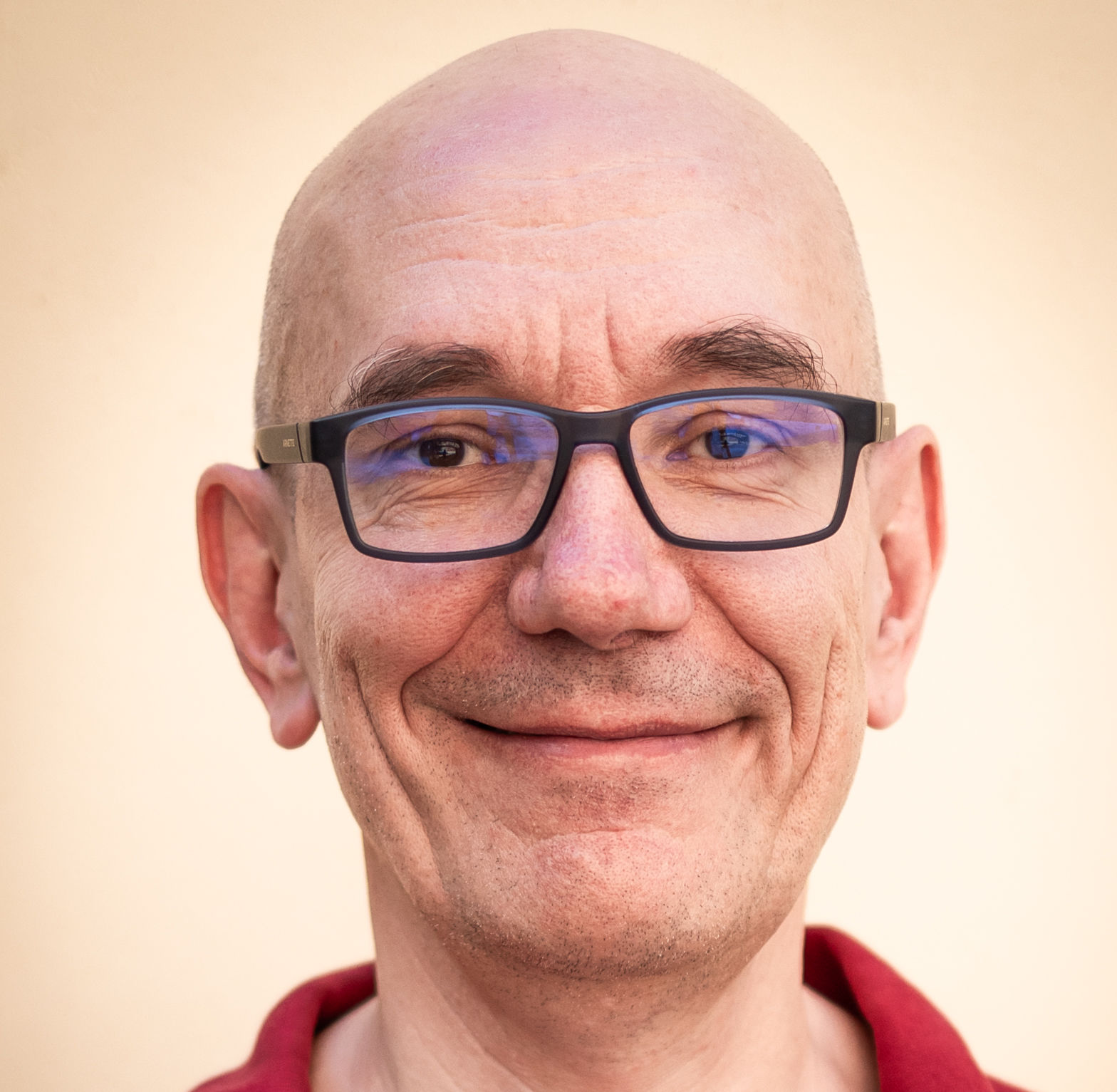
Francis Prescott-Pickup
ELTE University Budapest
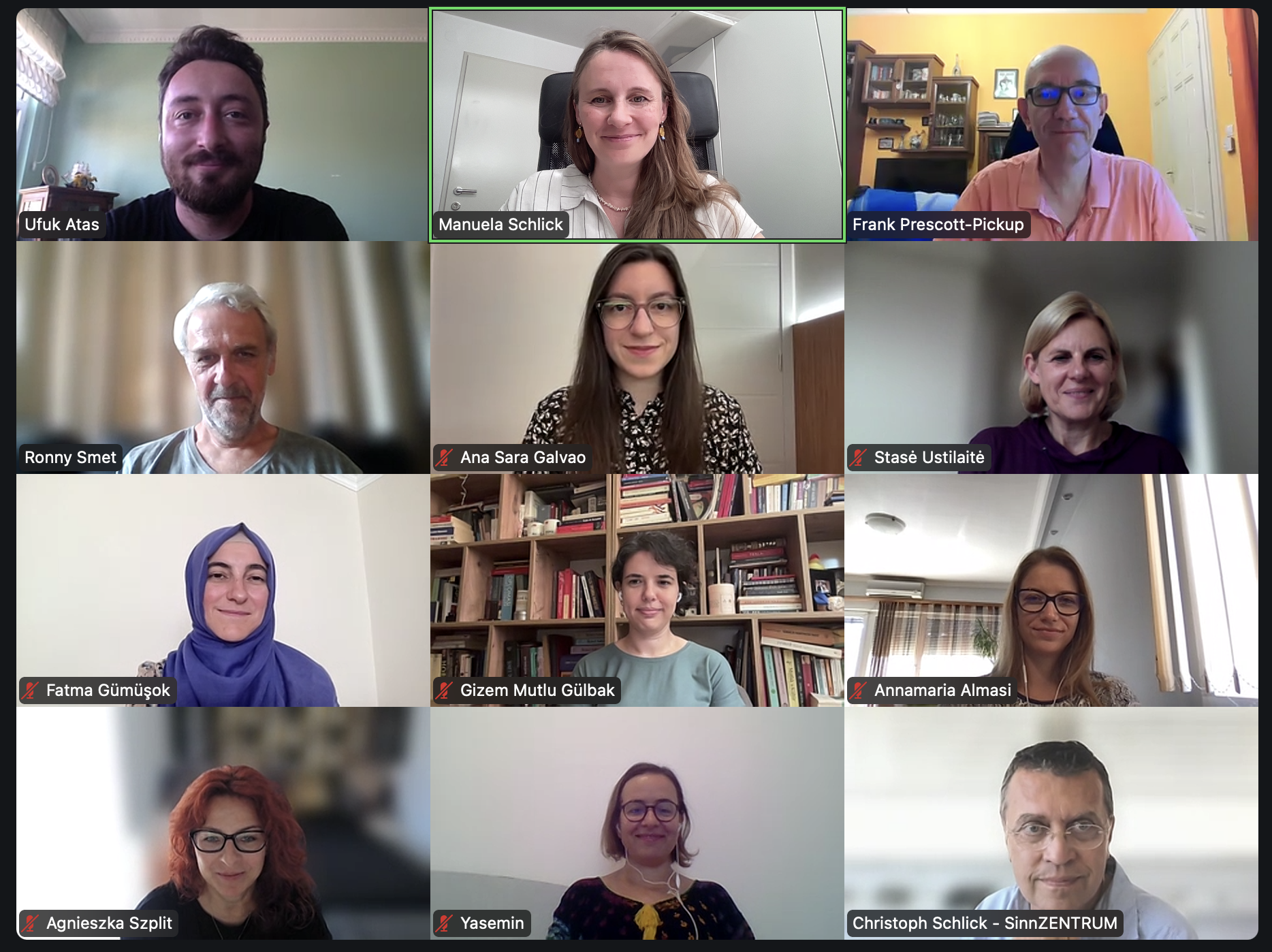
Our team
MISSION STATEMENT ON
Empowering TEACHER EDUCATION
This R&D Community will develop a mission statement on European Teacher Education policy. By doing so, it aims to empower the voices of professional Teacher Educators. The basis of our work are surveys and narratives of Teacher Educators in Europe within and beyond ATEE.
Research projects
Empowering TEACHER EDUCATION
Research interest into teacher educators as key persons in teacher education is growing. We are interested in the motivation and job satisfaction of teacher educators in relation to professional values and work-related emotions. In two research projects we want to include the perspective of lived experiences of teacher educators in a great variety of European contexts and beyond.
In a quantitative questionnaire-based survey we asked teacher educators for their views and experiences in their work.
In a qualitative narrative-based study we listen in on the experience of particularly meaningful moments in the work of teacher educators.
Next activities
In 2025, we have presented our research at
ATEE – World FATE 2025 Spring Conference: Teacher Education in a Global World, Tarragona, Spain
ATEE Annual Conference 2025, The Making of Authentic Teachers in Ages of Artificiality? Dublin, Ireland
RDC Empowering Teacher Education Symposium (May 7th – 9th) & Multiplier Event in Salzburg
In 2026, we will be presenting at
Symposium on “Meaning and values of teacher educators” in Vilnius, May 2026
ATEE Annual Conference in Bialystok, August 2026
We are currently 13 teacher educators and researchers from 8 countries. Please, click here for further information on our team and team members.
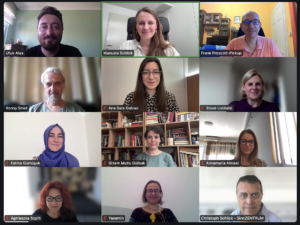
Manuela Schlick (Chair, research coordinator, PI for “experience of meaning in teacher education”)
https://orcid.org/0000-0001-6790-6868
Manuela Schlick is researcher and teacher educator in the field of English Language Teaching Methodology and Pedagogy at the University of Vienna. Since her first publication on teachers’ professional responsibility and professional competences, her research interest is teachers’ professional development and what education can do to make English language learning and teaching a meaningful and empowering experience. She holds a PhD in ELT Methodology and Educational Studies from the University of Munich, Germany. She is author of “Professional Teacher Language” (Orbis Scholae, 2022) and editor of “Being and Becoming a Language Teacher Educator” (EJTE, 2024 forthcoming). As a trained Montessori pedagogue, she also publishes on learning material, digital education, and differentiation in foreign language learning. She is also Pedagogical Supervisor for the Institute of Logotherapy and Existential Analysis in Salzburg, Austria. She has co-organised international conferences (Second Language Teacher Education, Vienna 2022; Participation – Multilingualism – Digitalisation, Salzburg 2024) and symposia (Language of Reflection – Reflection of Language, Brno/Vienna 2020) on issues of language teacher education.
She has been a member of the RDC Empowering Teacher Education since 2021 and has served been its chair since 2023. She has launched two research projects into the experience of meaning of teacher educators both from a quantitative (questionnaire-based study) and qualitative (narrative-based study) basis.
Schlick, M. (2022). Professional Teacher Language: Its Contexts, Functions, and Potential to Further Teachers’ Professionalism. Orbis Scholae, 11. https://doi.org/10.14712/23363177.2022.11
Schlick, C., & Wipperfürth, M. (2019). Das Modell einer sinnorientierten Wertedynamik: Werte an Schulen (er)lebbar machen. Erziehung und Unterricht, 443–458.
Francis J. Prescott-Pickup (Chair, PI for “reasons to leave and/or stay of teacher educators”)
Prescott Francis (0000-0003-1876-0510) – ORCID
Francis J. Prescott-Pickup studied English at the University of St Andrews in Scotland, graduating with an MA degree in 1988. In 1993 he received a PGCE in English from the University of Heriot Watt. He has been teaching English ever since, first of all in secondary schools in Edinburgh, and then as a lector at Eötvös Loránd University and then as a senior lecturer in the English Department at Károli Gáspár University, Budapest, before returning to ELTE as a senior lecturer in the Department of English Language Pedagogy. He completed his PhD in Language Pedagogy in June 2014, focusing on the experience of first-year students learning to write at university. He was on the organising committee of IATEFL-Hungary from 2011-2017 and has also represented IATEFL-Hungary in the Cooperation and Innovation in Teachers’ Associations (CITA) Erasmus+ Project (2014-2016). He is presently the co-editor of Working Papers in Language Pedagogy. He is interested in communicative language teaching, learner autonomy, group dynamics, using drama in the classroom, teaching writing skills and 21st century education.
Ufuk Ataş (Chair, PI for “values of teacher educators”)
https://orcid.org/0000-0002-8171-8334
Ufuk Ataş, PhD, is an Associate Professor at Artvin Çoruh University, Artvin, Türkiye. He completed his graduate studies in English Language Teaching in the Department of Foreign Language Education at Middle East Technical University, Ankara, where he also worked as a Research/Teaching Assistant for ten years. Since 2018, he has taught courses on applied linguistics, discourse, language skills, and language teaching pedagogy, mainly to non-education degree students. His general research focuses on teacher education, particularly pre-service teacher education, professional development of teachers and teacher educators, teacher identity, and teacher education programs. He also studies translanguaging as pedagogy in EMI contexts.
Publications: https://www.ufukatas.com/research
Peer Daugbjerg (PI for “meaningful moments in teacher education”)
Peer Daugbjerg – https://orcid.org/0000-0002-4288-0080
Peer Daugbjerg ([email protected]), PhD, Masters degree in Biology, Senior lecturer/ Associate – Professor at Teacher Education, VIA UC, Campus Skive. Head of mathematics and science education research group at VIA UC.
Based on my PhD thesis within teacher Professions research I have since 2013 worked with research and development on science teachers in public school in Denmark. I have worked science teachers’ professional development (e.g. engineering in science teaching), their background and motivation for science teaching. I have taught within science teacher education since 1996. I have also supervised novice teacher educators during their qualification to get permanent positions at teacher education in Denmark.
My present research focus on science teacher educators (STE) entanglement of life and work in their professional work. I work with life histories and career narratives
Publications and presentations
Daugbjerg, P. Dolin, J. & Ellebæk, J. J. (2023), Science Teacher Education as Second Order Teaching. Presentation at ATEE Annual Conference 2023: TEACHER EDUCATION ON THE MOVE – Eötvös Loránd University (ELTE), Budapest, Hungary
Daugbjerg, P. & Sillasen, M. K., (2019), Iterative development of engineering in school teaching capacities in Danish primary and lower secondary schools: Journal of the European Teacher Education Network. Vol. 14, s. 102-115, 14 s.
Daugbjerg, P. & Spencer, C., (2018), A Time to Pause and Ponder: creating meaning in education: Journal of the European Teacher Education Network. Vol. 13, s. 92-105, 14 s.
Ronny Smet (supporting Chair)
Ronny Smet (Ron) is a teacher educator for secondary education at Karel de Grote Hogeschool Antwerp which forms part of a broader association with the University of Antwerp. As a former secondary school teacher he was part of a team of practitioners that successfully piloted and implemented a more integrated and functional approach towards general subjects in vocational secondary education in Flanders and subsequently introduced this alternative approach in the curriculum of teacher education.
Ron, for a large part of his early career, combined being both a secondary school teacher and a teacher educator. Around the turn of the century he had the opportunity to take on a part-time position as actor and director in a professional theatre company for several years. He produced various educational materials on theatre and drama and was responsible for the promotion of school performances.
He is a long standing member of ATEE, co-founded the RDC Empowering Teacher Education for which he was Chair until 2024, and was the coordinator of the Research and Development Communities within ATEE from 2017 to 2024.
Gizem Mutlu Gülbak, PhD.
She completed her PhD at the Department of Foreign Language Education, Boğaziçi University and currently working as an Assistant Professor at Faculty of Education, Biruni University, İstanbul, Turkiye. She has been teaching undergraduate courses in teacher education and foreign language teaching methodology. Her research focuses on mentoring and training pre-service language teachers, teacher autonomy and agency.
Publications:
Mutlu-Gülbak, G. & Akcan, S. (2024). Empowering cooperating teachers in their supervisory role: Improving mentoring skills through an online training program, TESOL Journal, 00, e812. https://doi.org/10.1002/tesj.812
Mutlu-Gülbak, G. (2023). Reflective mentoring practices: Insights from cooperating teachers in an online mentor training program in G.Otcu-Grillman and J. Miller (Eds.) Mentoring and Reflective Teachers in ESOL and Bilingual Education, IGI Global.
Mutlu, G. (2017). Professional space and agency: The case of in-service language teachers. Journal of Teacher Education and Educators, 6(2), 157-176.
Marko Lüftenegger
Ph.D. in 2012 at the University of Vienna, Tenure Track position (Assistant Professor 2017-2021; since 2021 Associate Professor) at the Department of Developmental and Educational Psychology (50%) and the Department for Teacher Education (50%) at the University of Vienna.
Marko Lüftenegger is the head of the developmental and educational psychology in school age working group which is located at the Department of Developmental and Educational Psychology, and the Department for Teacher Education at the University of Vienna. This working group is the institutional “bridge” between psychology and teacher education in both teaching and research.
My main research focus is to identify malleable characteristics in educational settings, i.e., concrete teacher behaviors, teacher attributes and classroom climate as these contribute to beneficial development of motivational, cognitive, and socio-emotional student outcomes with a special focus on diversity (gender, ability, achievement, cultural background). Additionally, I aim to focus on the development and evaluation of trainings and intervention programs in different educational contexts (gender equality, traffic safety, mathematics “Vorkurs” for students in the transition to University, “Induktionsphase” in teacher education). In this more applied research, both theoretical knowledge and empirical knowledge are used to develop evidence-based programs for teachers, students and parents.
Publications: https://scholar.google.at/citations?user=c_T2Fp4AAAAJ&hl
Fatma Gümüşok, PhD, is currently working as an assistant professor at Bartın University, Faculty of Education, Department of Foreign Language Education, Bartın, Türkiye. She completed her PhD at Middle East Technical University, Ankara, Türkiye. Her research interests focus on pre-service foreign language teacher education, professional identity, teacher educator identity, and teacher professional development. She mainly teaches language teaching methodology, assessment, curriculum, and practicum courses. (ORCID: 0000-0002-4804-8279)
Gümüşok, F., & Seferoğlu, G. (2023). Developing new professional identities: from in-service teacher to in-service teacher educator. Journal of Education for Teaching, 49(4), 680-694. https://doi.org/10.1080/02607476.2022.2133599
Taner, G., Gümüşok, F., Balıkçı, G., & Başaran Uysal, B. Ç. (2023). Surviving uncertainty: the impact of COVID-19 policies on the teaching practicum in Turkey. Educational Studies, 1-20. https://doi.org/10.1080/03055698.2023.2216821
Gümüşok, F. (2021). Looking back with pride—looking forward in hope: The narratives of a transformative teacher. In Professional Learning and Identities in Teaching (pp. 106-122). Routledge.
Yasemin Tezgiden-Cakcak
Yasemin Tezgiden-Cakcak, PhD, is lecturer at Middle East Technical University in Ankara, Türkiye, in the Department of Foreign Language Education. After working as an English language teacher in diverse settings for eight years, she became a language teacher educator at her current institution in 2010. She has taught language skills, pedagogy, practicum, and critical pedagogy courses. Her research interests focus on critical pedagogy, teacher roles and identity, and critical language teacher education. Her publications problematize native-speakerism, teacher roles, and transformative educational action. Critiquing technicist language teacher education in Türkiye, she theorized her critical teacher education practices in her book Moving Beyond Technicism in English Language Teacher Education (Lexington, 2019). She is one of the associate editors of the book A Language of Freedom and Teacher’s Authority Case Comparisons from Turkey and the United States (Lexington, 2017).
Agnieszka Szplit
ORCID – Agnieszka – https://orcid.org/0000-0002-5756-6393
Agnieszka Szplit, post-Phd., is an Associate Professor at Jan Kochanowski University of Kielce, Poland, Faculty of Pedagogy and Psychology; and a qualified teacher of English (MA), a chartered teacher with over 25-year experience in language education, a teacher trainer.
Her basic research interests concern the development of language teachers’ professionalism and its dimensions, which she presents in four areas: (1) factors and determinants of teacher professional development, (2) development process itself, and (3) its consequences, effects and implications, and (4) possibilities of supporting the process in selected contexts. Other trends in Agnieszka’s pedagogical research are selected glottodidactics’ contexts. She is an author of an innovative method of bilingual education in Polish kindergartens.
She is a Vice-President of the Association for Teacher Education in Europe, a member of the Board of the World Federation of Associations of Teacher Education (WFATE), a member of the Scientific Committee of Polish Brand of World Organization for Early Childhood education (OMEP), and a member of the Main Board of Polish Educational Research Association (PERA). She is a former EAQUALS school inspector and a co-author of The Eaquals Framework for Language Teacher Training & Development.
Selected newest publications (in English):
- Szplit, Z. Zbróg (2023). The Use of Collective Biography Writing as an Innovative Form of Feedback in Teacher Education: Case Study, in: Cornelia Connolly, T.J. Ó Ceallaigh (eds.), Innovating Assessment and Feedback Design in Teacher Education: Transforming Practice, Routledge: London/ New York, pp. 88-105.
- Krasuska-Betiuk, M. Kupiec Monika, A. Szplit, A. Garbat (2023). From Openness to Commercialisation: Teachers’ Self-presentation in the Blogosphere, International Journal of Pedagogy, Innovation and New Technologies, 10 (1), pp. 115-123.
- Zbróg, A. Szplit, J. Leek (2022). From reconciled, stable educational objectives to change-oriented educational objectives: a report on a longitudinal study of pedagogical knowledge of prospective primary-phase teachers, Przegląd Pedagogiczny, 2, pp. 53-68.
P.Boyd, A.Szplit, Z.Zbróg. (2021) (eds.). Developing Teachers’ Research Literacy- International Perspectives, Libron: Kraków. open access: https://atee.education/knowledge-center/publications/?_sft_dlm_download_category=books
Stasė Ustilaitė
Stasė Ustilaitė is an Associate Professor at Vilnius Kolegija / Higher Education Institution of Vilnius, Lithuania, Faculty of Pedagogy. Her research interests focus on inclusive education, sexual and health education, and professional development of teachers. She has 25 years experience in teacher training. She is currently working on the project “Changes in the Content of Preschool Education“ (No. 10-014-P-0001) run by the Lithuanian Ministry of Education, Sciences and Sports. She is also working as Health and Sexual Education teacher at a progymnasium in Vilnius.
https://orcid.org/0000-0003-0398-3877
Publications (in English) 2017-2023:
Ustilaitė, S., Poteliūnienė, S., Juškevičienė, A., & Sabaliauskas, S. (2023). How do Primary School Teachers Create Meaningful Learning Environment to Motivate Students?. Pedagogika, 149(1), 53–81. https://doi.org/10.15823/p.2023.149.3
Lakkala, S., Juškevičienė, A., Česnavičienė, J., Poteliūnienė, S., Ustilaitė, S., Uusiautti, S. (2019). Implementing inclusive education in Lithuania: what are the main challenges according to teachers’ experiences?. Acta paedagogica Vilnensia, t. 43, 37-56.
Česnavičienė, J., Kalinkevičienė, A., & Ustilaitė, S. (2018). Young adult health literacy on health promotion as social determinant of health: challenges for health education practice in Lithuania. In SHS web of conferences: proceedings: 6th international interdisciplinary scientific conference „Society. Health. Welfare“: November 23-25, 2016 Riga, Latvia (Vol. 40, pp. 1-11). Les Ulis: EDP Sciences. doi:10.1051/shsconf/20184002005 DOI: 10.1051/shsconf/20184002005.
Poteliūnienė, S., & Ustilaitė, S. (2017). Future physical education teachers experiencing failure during their teaching practice. In 8th international scientific conference on kinesiology: proceedings: Opatija, Croatia, 10-14 May, 2017 (pp. 242-245). Zagreb: University of Zagreb.
Galkienė, A., Monkevičienė, O., Lakkala, S., Albert, S., Kyrö-Ämmälä, O., Kijak, R., Navaitienė, J., Cierpiałowska, T., Jäggle, G., Tomecek, S., Kossevska, J., Ustilaitė, S., Juškevičienė, A., & Norvapalo, K. (2017). Inclusion in socio-educational frames: inclusive school cases in four European countries. Vilnius: The publishing house of the Lithuanian University of Educational Sciences
Annamária Almási
a PhD candidate in Education at Eötvös Loránd University, Hungary. Her current research concerns teachers’ learning, learning communities and its impact on teachers’ professional identity in Salesian(roman catholic church) schools. As part of the doctorate program, she teaches English for Professional Communication, and pedagogy courses in the teacher training program.
Received her certification in English and Hungarian language teacher in 2020 at ELTE, has been teaching General and Business English for leaders in group or individual settings for over 6 years. Also considers life-long learning and non-formal learning opportunities important, therefore supports (young) adult learning programs at NPOs and NGOs since 2016 such as at university communities, Toastmasters Hungary, Friends of Don Bosco (Hungary) – Erasmus+ programs.
Ana Sara Galvão
Ana Sara Galvão is a PhD candidate in Education at University of Helsinki, Finland, in the Faculty of Educational Sciences, Doctoral Programme in School, Education, Society and Culture. Her current research is on the field of early foreign language teaching, teacher education and teacher agency. Previous research was developed in the Brazilian context focused on teaching English to young learners in Brazil and language policies for the area, as well as universities’ curriculum structure. She attended University of Helsinki as a Visiting Researcher and now as a PhD candidate.
Certification received as English language teacher (2020) and MA in Applied Linguistics (2022). Postgraduate degree in English translation (2018). Bachelor of Laws (2015), approved in the Brazilian Bar Association. She has been working as an ESP teacher (English for Specific Purposes) for 8 years and in teacher education programs focused on early foreign language teaching. Work developed in the university context as Teaching Assistant (2022-2023) Volunteer Lecturer (2021) and Research Assistant (2018-2019) at Federal University of Espírito Santo, Brazil.

